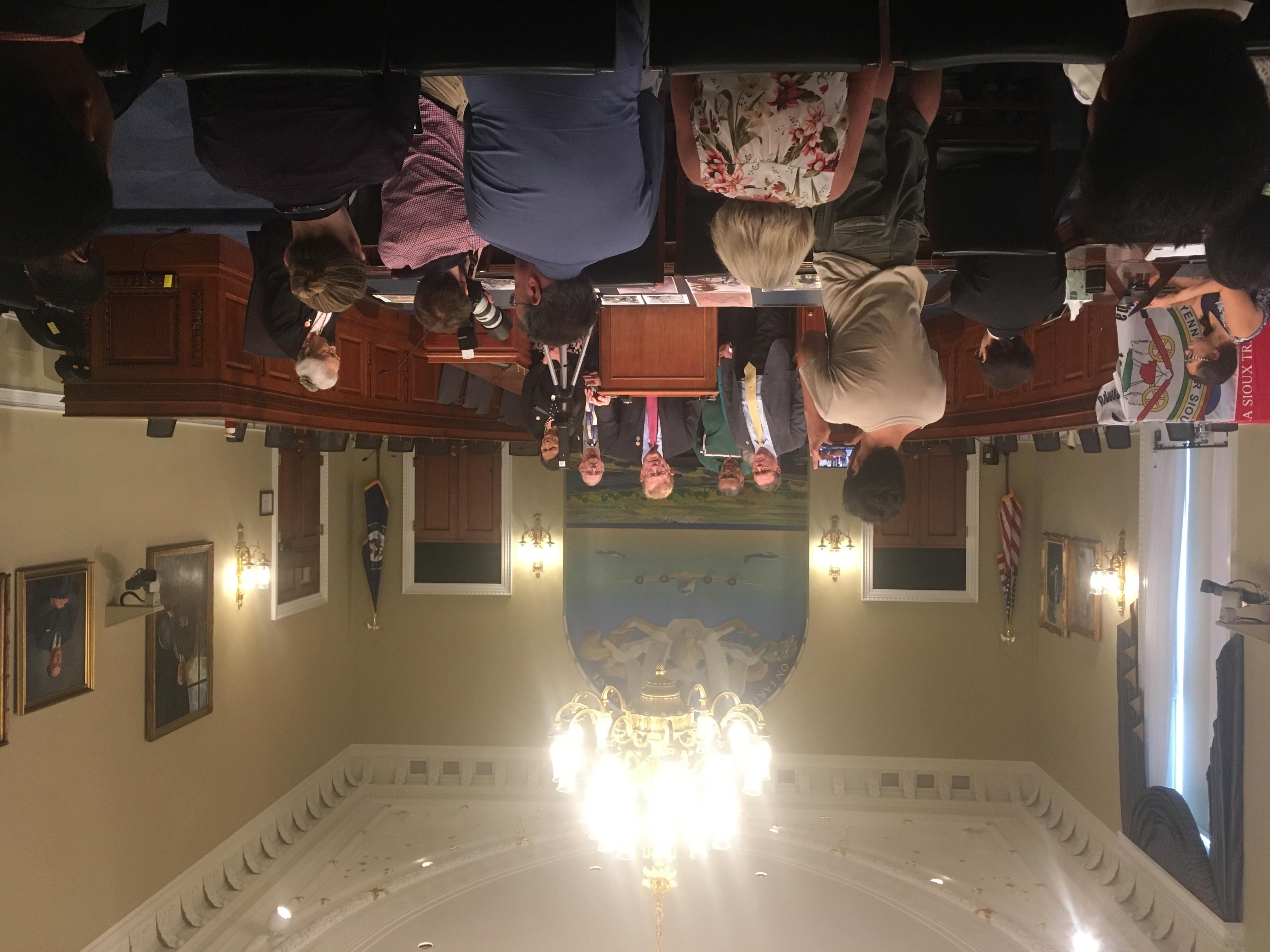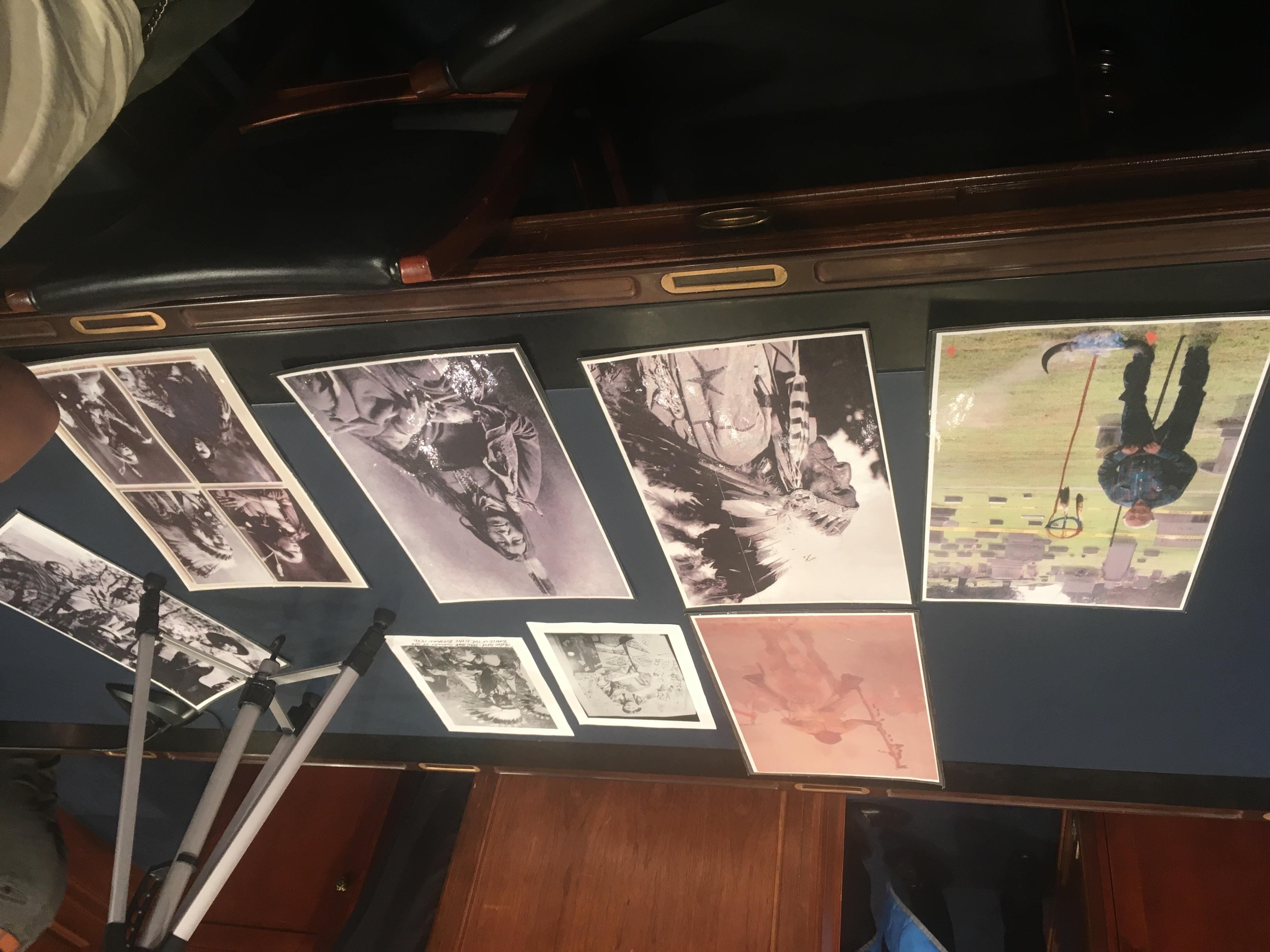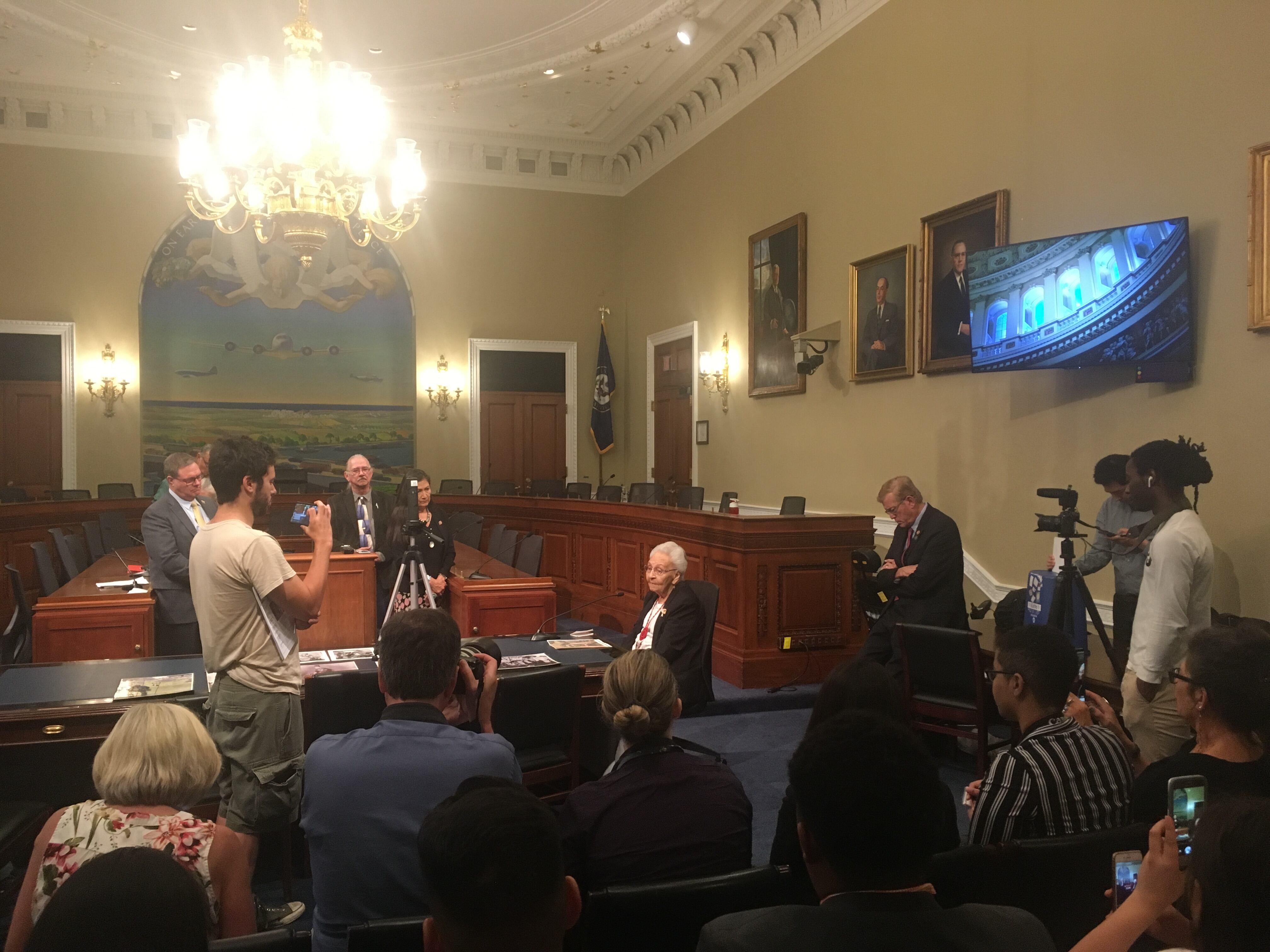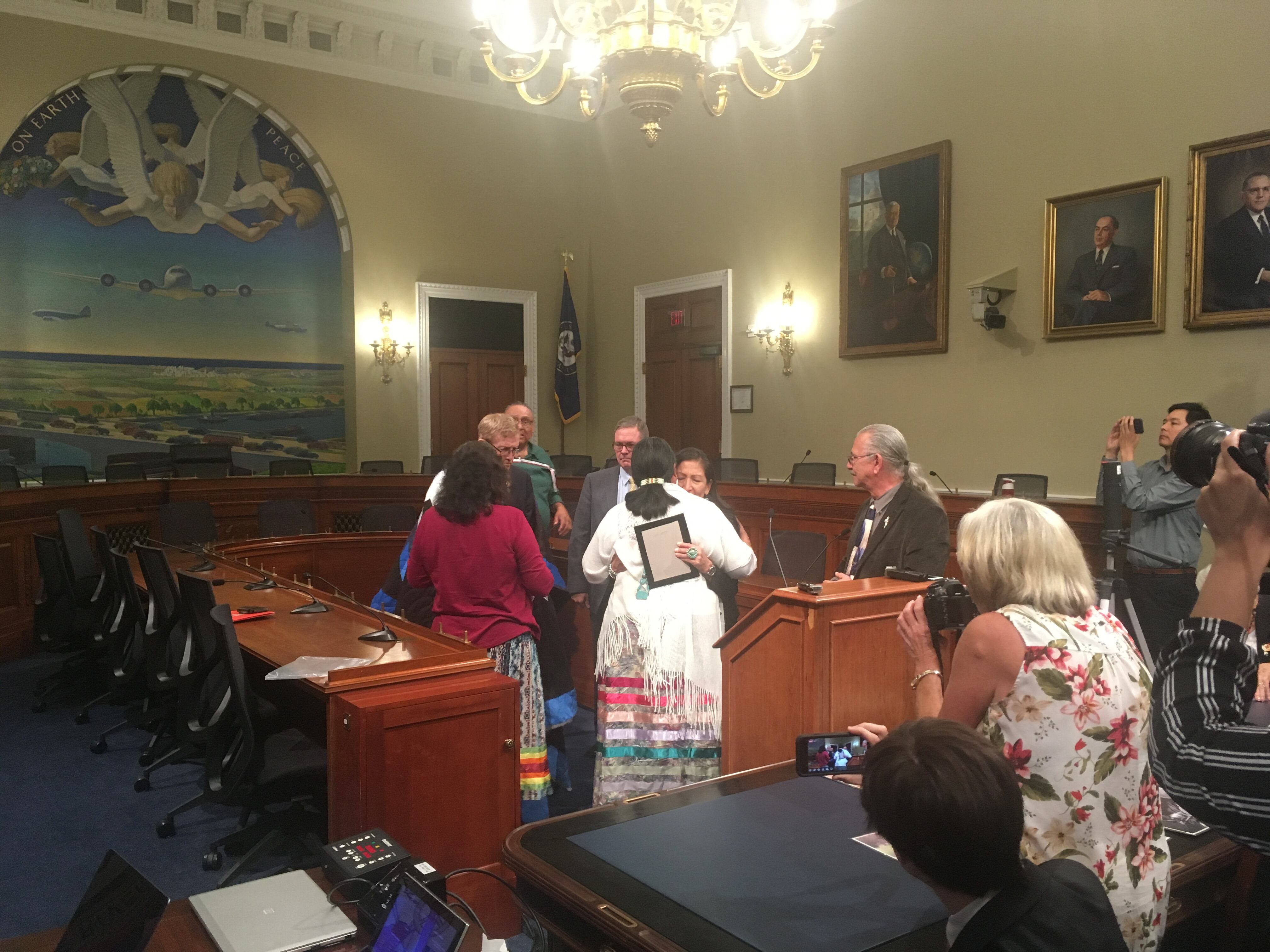On a day the first Medal of Honor was bestowed on a living Iraq War recipient, lawmakers and members of the Sioux nation announced their plan to take away those awarded for what became known as The Wounded Knee Massacre.
The Remove the Stain Act was introduced Tuesday byReps. Denny Heck, D-Washington, Deb Haaland, D-New Mexico, and Paul Cook, R-California. It was named for the U.S. military’s massacre of more than 200 Lakota Indians, confined to a camp near Wounded Knee Creek, South Dakota, on Dec. 29, 1890.
Eventually, 20 men were awarded the military’s highest honor for that engagement and the bill seeks to address what proponents call an historic wrong.
“I believe the introduction of this bill today shows the continued work and strength of the Native American people who have fought for over a century for the United States to acknowledge the genocide of our people that has taken place on this soil,” Haaland said.
“We are here today because we revere the Congressional Medal of Honor,” Heck said.
Proponents say that although the United States is 129 years late, they believe that this bill can help heal some of the wounds from the massacre and honor all the other Medal of Honor recipients who earned their honors in combat, not genocide.

Cook knows something about combat. A retired Marine colonel, he was awarded a Bronze Star Medal with "V" device and two Purple Hearts.
“I join in this because we are remembering the past and correcting something that was tragic in all ways,” Cook said. “And to make it even more so was awarding those particular medals for such a horrible, horrible event.”
Heck acknowledged that he and other supporters are in for a fight.
“One of the burdens that I think especially that Congressman Cook and I hear is helping some of our non-Native American colleagues understand the depth of pain that this causes,” Heck said.
After the politicians made their opening remarks, Native Americans shared photos and accounts of what happened to their ancestors, many of whom were direct descendants of those killed at Wounded Knee.

Some, like Marcella LeBeau, are veterans.
LeBeau served in WWII, as a first lieutenant in the Army Nurse Corps. She earned The French Legion of Honor.
She said she has been fighting for justice for her people most of her life.
“They took the lives of innocent women and children and (Lakota Sioux Chief) Big Foot as he laid there suffering from pneumonia, unable to help himself," LeBeau said. “So we are here today to ask that you remove those Medals of Honor.”

LeBeau also talked being bombarded during WWII and what it was like inside her hospital’s trauma room. She also shared some experiences of her ancestors and talked about the need for healing. She finished with a prayer she said on Omaha beach during D-Day’s 60th anniversary.
“I had the opportunity to serve as a nurse in WWII. It was one of the greatest honors and privileges in my life,” LeBeau said.

.





